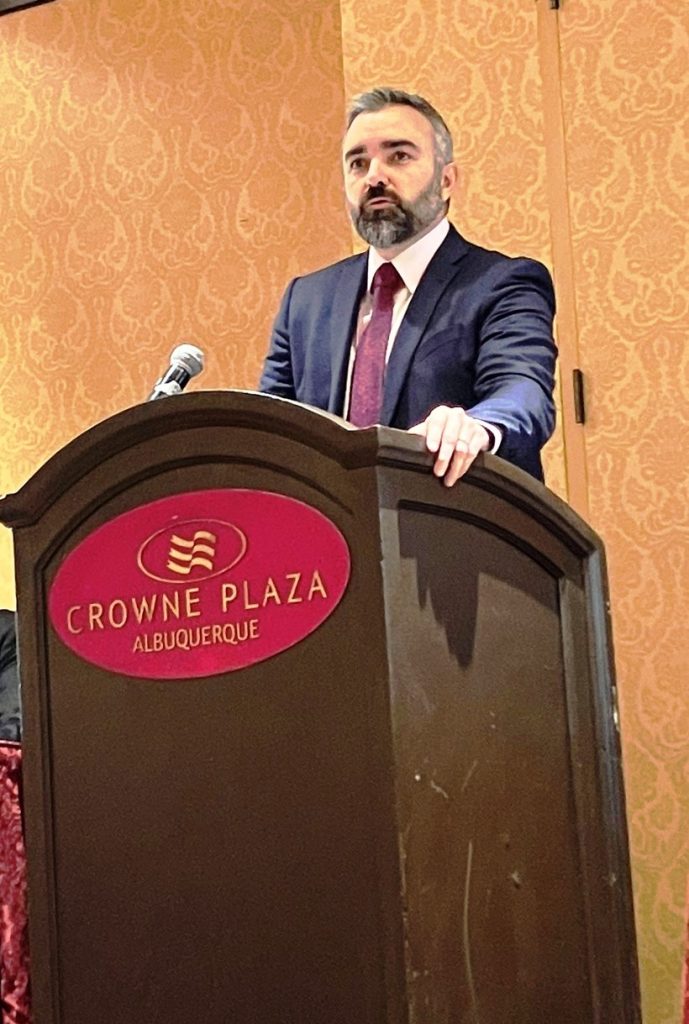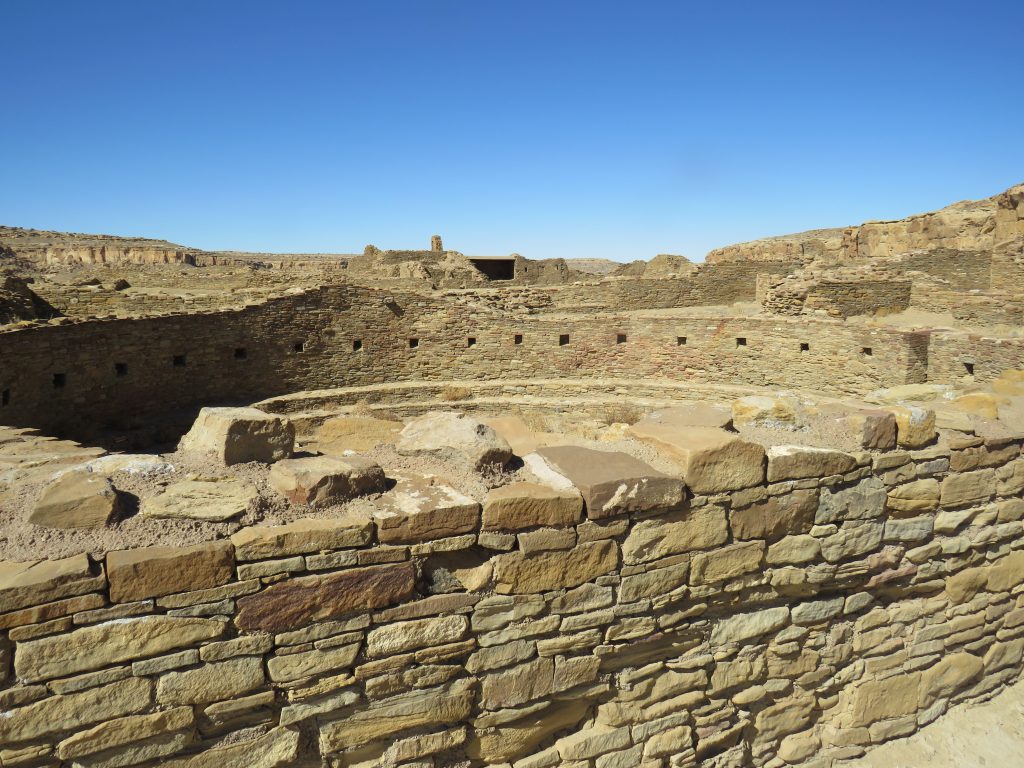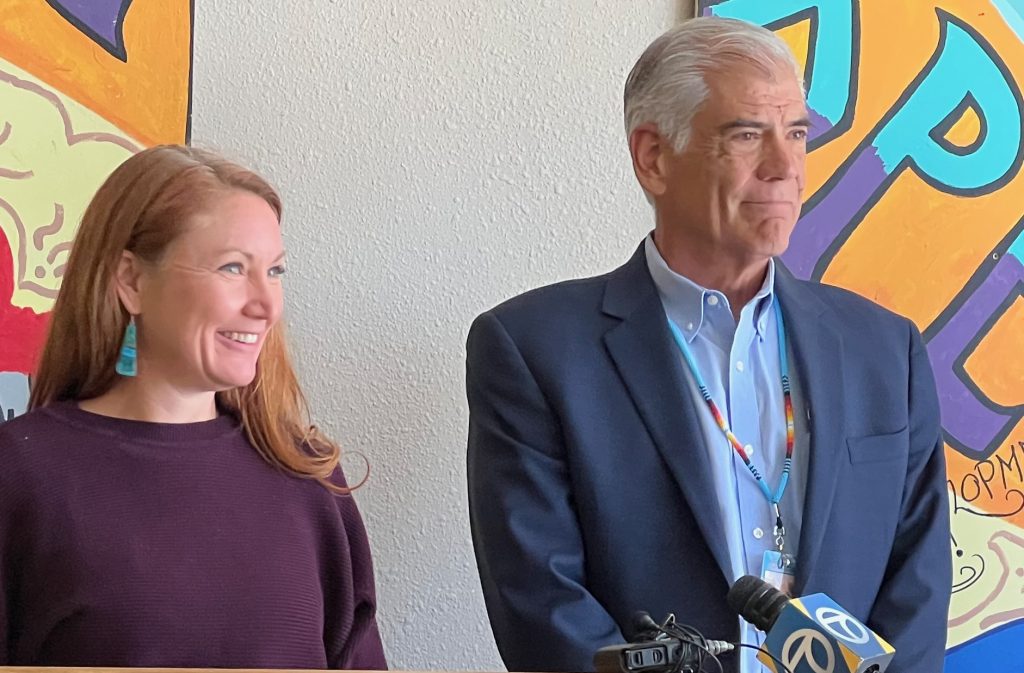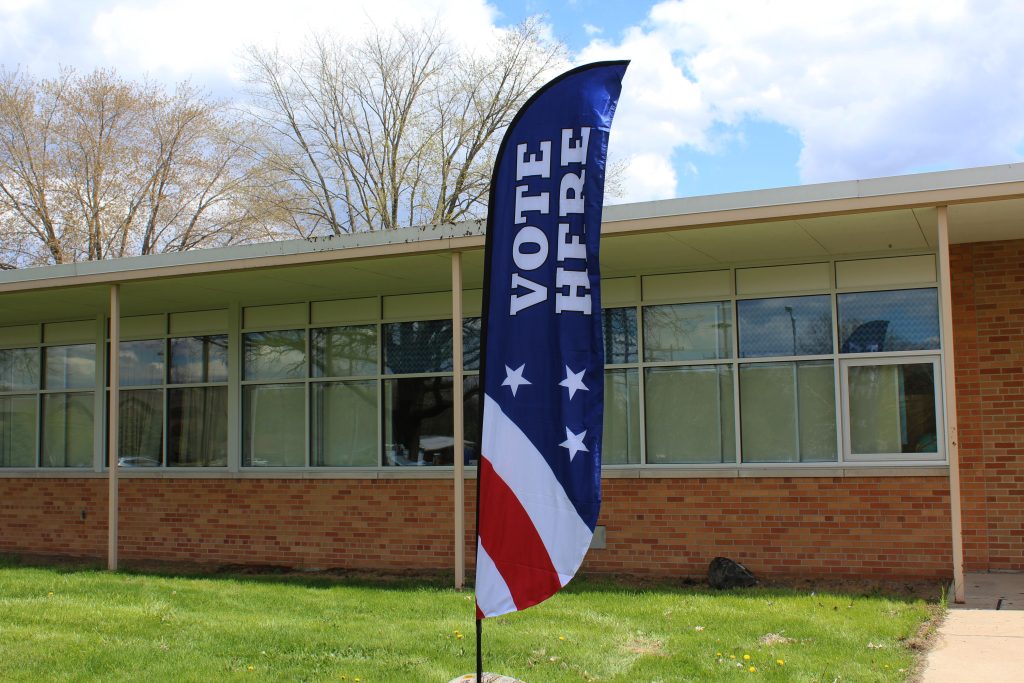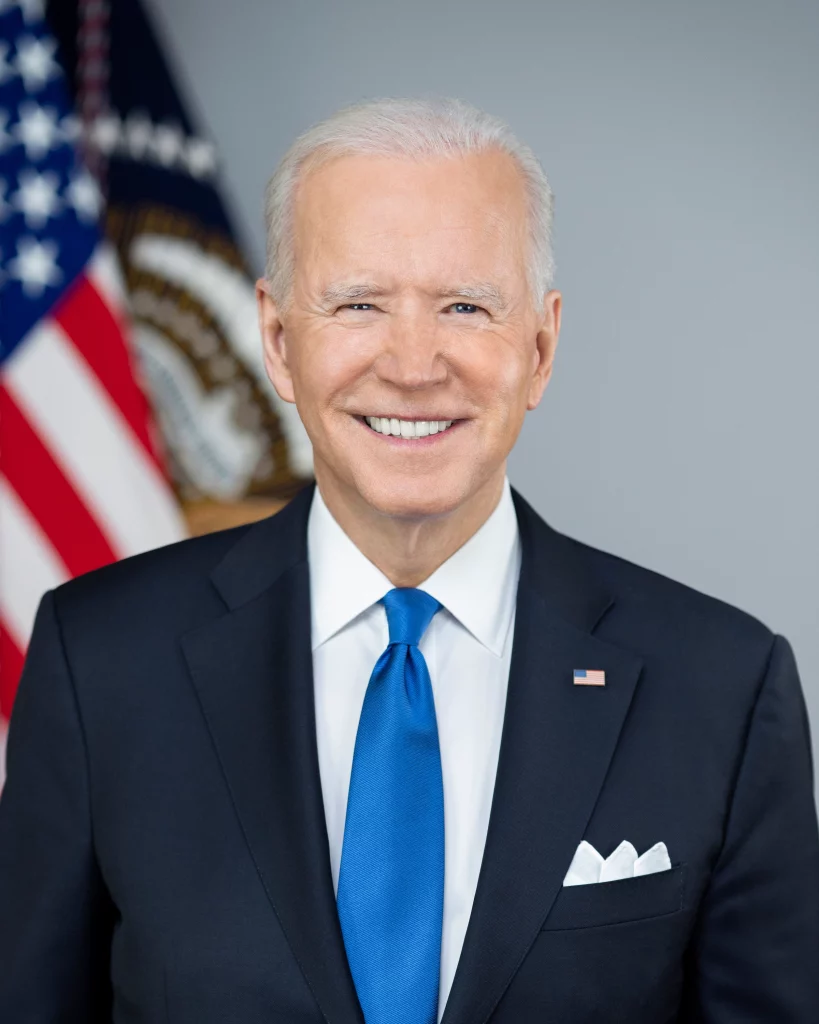A cut here, a whack there — and a budget takes form.
But not without some acrimony.
The Senate Finance Committee released considerable changes to the state’s main budget bill Tuesday, trimming the House’s spending plan in high-visibility areas such as roads and teacher pay raises, and scaling down one of Gov. Michelle Lujan Grisham’s most prized pieces of legislation, the Opportunity Scholarship.
The committee unanimously approved its amendments to House Bill 2, which calls for a $7.6 billion budget for the 2021 fiscal year, and moves the legislation to the Senate floor. That would represent a 7.6 percent increase over the current year and would target reserves at 25 percent.
Despite the pruning, several members of the committee still expressed concern the bill increases spending too much and keeps New Mexico overly dependent on oil and gas revenue. The chairman, Sen. John Arthur Smith, pointed out the budget increase is three times higher than inflation.
“Quite frankly, it’s more than what I would like to have had,” said Smith, D-Deming. “I don’t think any one of us can walk away from here and say spending was controlled.”
But there was enough rancor to go around Tuesday; the committee’s moves were met with irritation in the House, whose speaker, Brian Egolf, said Smith was unwilling to meet with leaders from the other chamber.
“The complete and total secrecy with which they have done this puts the House and the people of New Mexico in a really difficult spot,” Egolf said.
The Roundhouse committee room was packed to the brim for the highly anticipated hearing as the Legislature now has fewer than 48 hours to pass a budget. At one point, throngs of people created a stir in the middle of the hearing by loudly rushing to retrieve printed copies of the amendments on a nearby table — only to be dismayed when staff then quickly decided to remove them.
The changes to the General Appropriations Act include cutting nonrecurring appropriations from the House bill by a total of $142.5 million. That included reducing general fund spending on roads to $180 million from the $255 million proposed by the House.
The amended bill also gives all public employees, including teachers, a 4 percent pay raise. That’s a step down from the 5 percent hike for teachers called for in the House proposal.
While the Senate Finance Committee’s version would put reserves at 25 percent and would secure $38 million for the state’s operating reserve, senators remained wary.
“Twenty-five percent reserves is a good chunk of change, don’t get me wrong. But oil and gas can go south very quickly,” Sen. William Burt, R-Alamogordo, told the committee. “We’re trying to get everybody but maybe not at the level everyone would like.”
The committee didn’t just whittle things down, though. In one notable case, increased appropriations for a new early childhood trust fund from $300 million to $320 million.
The panel also decided to fund Lujan Grisham’s proposed Opportunity Scholarship, although at a significantly lower level than the governor had asked for and under a different premise.
The program will receive $17 million per the amended budget — only $12 million of it recurring. It’s a big drop from the $35 million Lujan Grisham had originally asked for, though a step up from the House’s decision not to fund it at all.
The scholarship would now target in-need students who qualify for the state’s Legislative Lottery Scholarship or who are returning adult students at community colleges. That’s also a change from the original proposal, which had called for the program to provide free tuition for all New Mexicans regardless of need.
The amended bill also provides a one-time $9.7 million increase for the lottery scholarship.
Lujan Grisham said Tuesday she could work with legislators’ plans to provide lower financing for the program, adding Cabinet secretaries involved would have to “leverage” the funds to make it work. She said she will ask for additional funding for the scholarship next year.
Speaking more generally about the Senate Finance Committee budget, Lujan Grisham said she was “aware” she didn’t get everything she had asked for.
“That happens every year,” she said. “By and large, every single provision we asked for support for was supported in some way.”
Egolf, D-Santa Fe, said the House received the panel’s changes “very late in the game” and that the committee didn’t meet a deadline to take up the budget bill.
“Sen. Smith has for the past week basically been holed up, has refused repeated attempts by Chairwoman Lundstrom and by myself to speak to him,” said Egolf, referring to Rep. Patricia Lundstrom, chairwoman of the House Appropriations and Finance Committee. “Chairwoman Lundstrom tried six times over the course of three days to visit with Sen. Smith. He refused.”
In recent days, Smith repeatedly criticized the House bill, saying it called for spending too much and put reserves below the target at 23 percent.
Egolf disputed that notion, saying the House had put reserves at 26 percent and said Smith’s recent criticism of the House budget was “misplaced.”
“A lot of that rhetoric from the last couple days makes it more challenging than it should be to sit down and reach an agreement,” Egolf said.
At least one teachers union was also unhappy with the new budget plan, claiming a 4 percent pay increase wasn’t enough to shore up a teacher shortage in the state.
“Now that it’s been publicly out there as possibly 5 percent, to reduce it to 4 will have an even worse impact,” said Charles Goodmacher of the National Education Association of New Mexico. “People’s expectations were raised.”
The bill now goes to the full Senate. After it’s approved there, the House will need to sign off on the upper chamber’s changes. If it doesn’t, that would trigger a conference committee, in which several legislators from each chamber would try to come to an agreement. The Legislature has until the end of the session at noon Thursday to approve the budget.
Egolf said his “hope and expectation” was that the Legislature would pass the budget on time. He didn’t rule out the possibility of a conference committee.
Asked about how the bill would fare going forward, Smith said, “That call is going to be up to the House.”
“I’m willing to stay as long as they want to stay,” he added.
Staff reporter Robert Nott contributed to this report.




